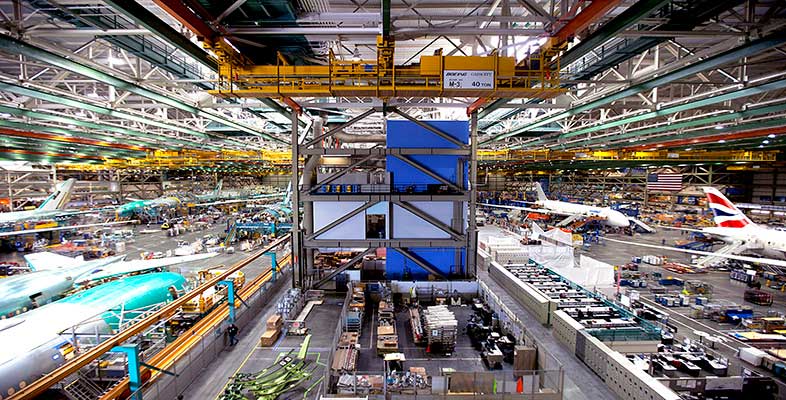3.3 Outputs
The principal outputs of a doctor's surgery are cured patients; the outputs of a nuclear reprocessing plant include reprocessed fuel and nuclear waste. Many transformation processes produce both goods and services. For example, a restaurant provides a service, but also produces goods such as food and drinks.
Transformation processes may result in some undesirable outputs (such as nuclear waste in the example above) as well as the goods and services they are designed to deliver. An important aspect of operations management in some organisations is minimising the environmental impact of waste over the entire life cycle of their products, up to the point of final disposal. Protecting the health and safety of employees and of the local community is thus also the responsibility of operations management. In addition, the operations function may be responsible for ethical behaviour in relation to the social impact of transformation processes, both locally and globally. For example, in the United States, manufacturers of sports footwear have come under fire for employing child labour and paying low wages to workers employed in their overseas factories.
